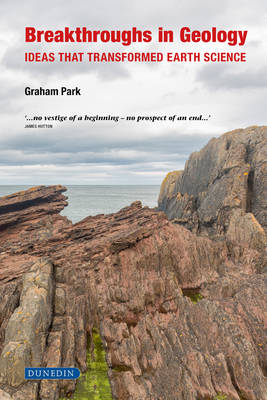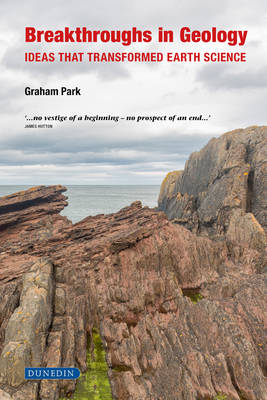
- Retrait gratuit dans votre magasin Club
- 7.000.000 titres dans notre catalogue
- Payer en toute sécurité
- Toujours un magasin près de chez vous
- Retrait gratuit dans votre magasin Club
- 7.000.0000 titres dans notre catalogue
- Payer en toute sécurité
- Toujours un magasin près de chez vous
Description
Geological research does not flow steadily onwards by means of small incremental advances but can be better understood as a series of significant discoveries or changes in interpretation that transformed the way we understand the Earth. Each of these changes or new ideas encouraged a burst of activity as researchers attempted to apply them more widely in order to test their universality, and thereby their validity as a scientific theory.
Probably the best example of such a transformative idea is Plate Tectonics, which, although questioned at the time it was introduced, is now universally accepted as a general principleA large number of the subsequent advances in geological understanding have been based upon this breakthrough. Each of the 12 chapters in this book represents a new idea or discovery, which is discussed in its historical context. In each case the salient features of these ideas are described, together with some biographical details of the individual scientists credited with them - but also mentioning others whose role in the generation of the idea is perhaps not so obvious.
Of instant appeal to geologists and other earth scientists interested in how their science evolved over time by means of a number of revolutionary ideas, this book also serves as a paradigm for the history of science across many disciplines.
Spécifications
Parties prenantes
- Auteur(s) :
- Editeur:
Contenu
- Nombre de pages :
- 279
- Langue:
- Anglais
Caractéristiques
- EAN:
- 9781780460765
- Date de parution :
- 08-11-19
- Format:
- Livre relié
- Format numérique:
- Genaaid
- Dimensions :
- 165 mm x 239 mm
- Poids :
- 793 g

Les avis
Nous publions uniquement les avis qui respectent les conditions requises. Consultez nos conditions pour les avis.






